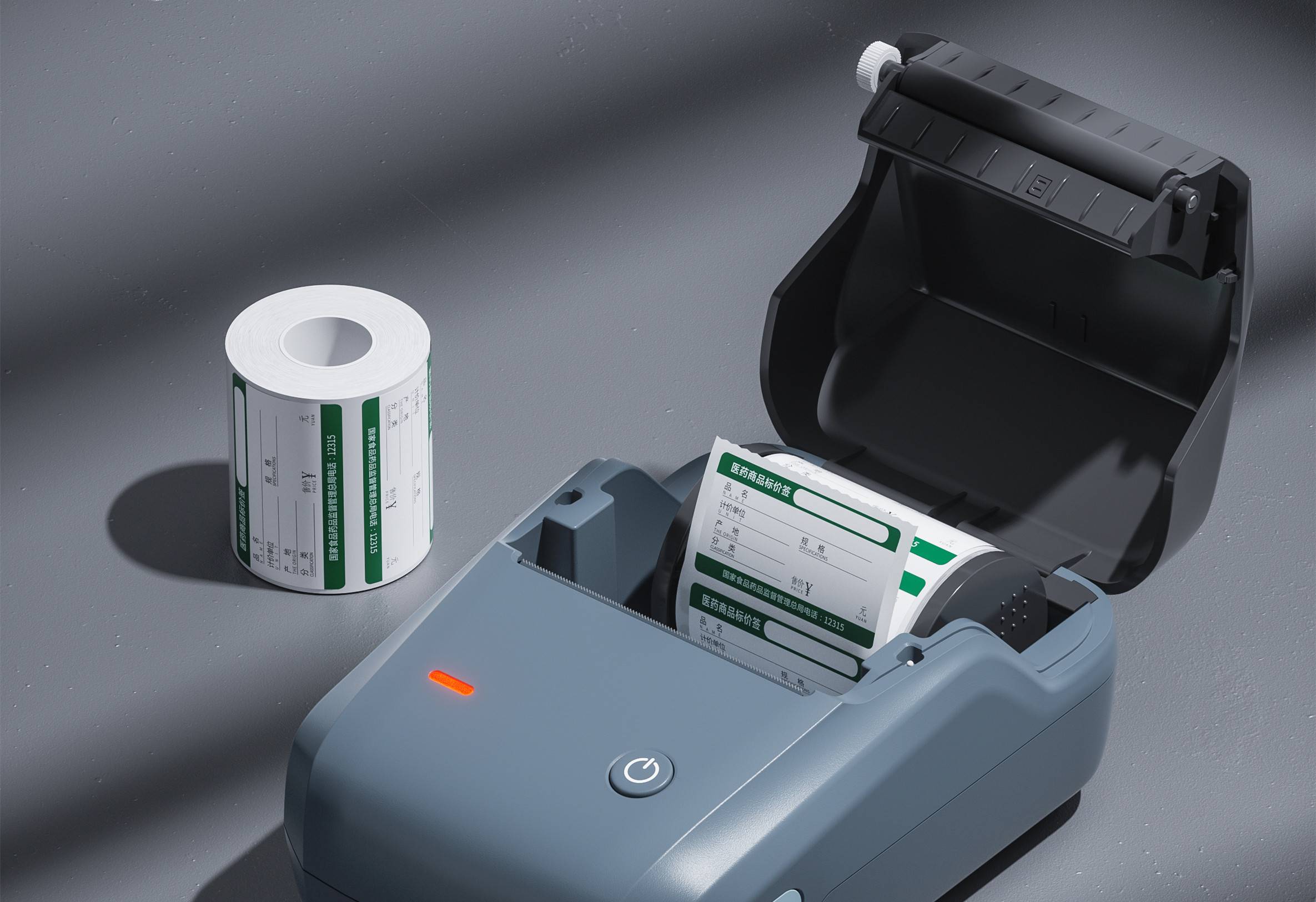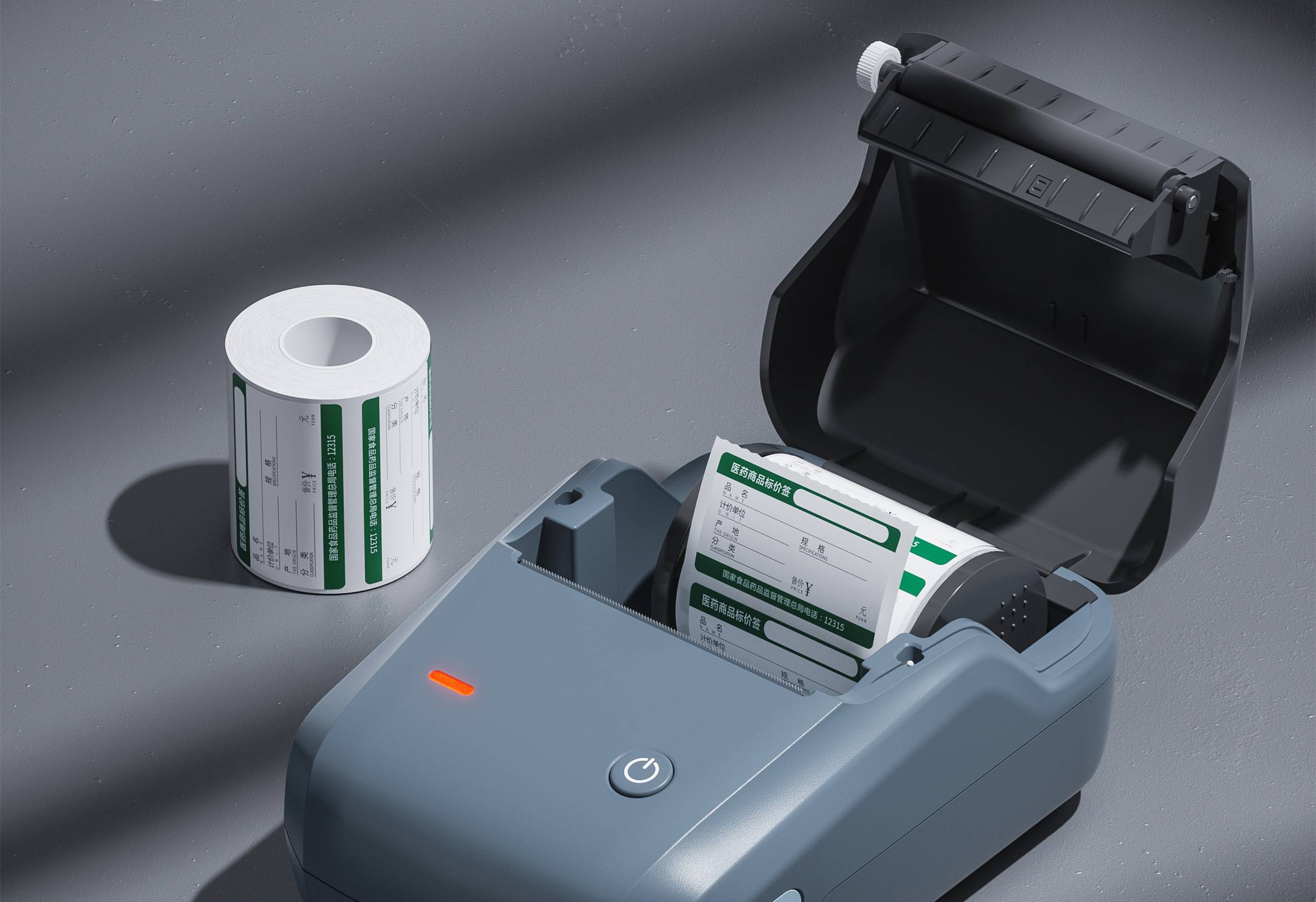
Lithium ion battery PSE certification
Since November 20, 2008, lithium-ion batteries have been included in the scope of NSPs. That is, secondary lithium ion batteries with energy density exceeding 400 Wh / L (used in mobile devices, desktop notebooks, etc.). Except the following lithium-ion batteries:
A: Lithium ion batteries used in medical equipment, industrial equipment and automobiles;
B: A battery that cannot be easily removed by welding or other methods to the product;
C: Special structure battery

PSE round test standard
JISC8711: secondary lithium battery
JIS C 8712: Used for portable sealed alkaline secondary battery box battery pack-safety requirements
JIS C 8714: Removable lithium-ion secondary batteries and battery packs for use in portable electronic devices-safety testing
Battery PSE certification test range
1. Continuous low-rate charging
2. Vibration
3. Moulded case stress at high ambient temperature
4. Temperature cycling
5. Incorrect installation of a cell (nickel systems only)
6. External short circuit
7. Free fall
8. Mechanical shock
9. Thermal abuse
10. Crushing of cells
11. Low pressure
12. Overcharge for nickel systems
13. Overcharge for lithium systems
14. Forced discharge
15. Cell protection against a high charging rate (lithium systems only)
16. Free fall of batteries
17. External short circuit of batteries
18. Function of the overcharge protection of batteries
19. forced interal short-circuit test

Label printers entering the Brazilian market, ANATEL certification is an essential passport! It is the recognition of the Brazilian Telecommunications Authority for the safety and compliance of electronic products, without which products cannot be legally sold.

SRRC certification is not only a guarantee of product compliance, but also a key to opening up the market.

FCC ID certification is a mandatory certification for electronic products by the Federal Communications Commission (FCC) in the United States, and it is essential for label printers to obtain this certification.
Since November 20, 2008, lithium-ion batteries have been included in the scope of NSPs. That is, secondary lithium ion batteries with energy density exceeding 400 Wh / L (used in mobile devices, desktop notebooks, etc.). Except the following lithium-ion batteries:
Get a quote